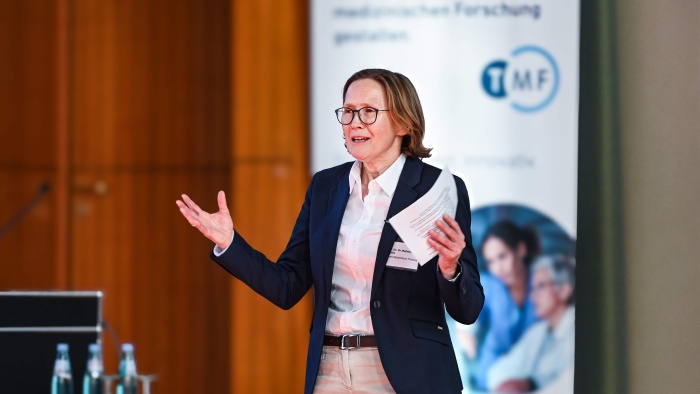Biobanks Indispensable in the Fight Against Cancer

© Zubada - stock.adobe.com
The German Cancer Congress 2010, which concluded last weekend in Berlin, impressively demonstrated the progress in cancer research made possible by the decoding of the human genome and the exploration of tumor genomes. Biobanks are an indispensable infrastructure for this purpose.
In the early 1980s, the first "cancer genes" in humans were discovered. Since then, the concept of cancer as a genetic disease has become firmly established. With the help of results from molecular biology, there is hope of defeating cancer. However, it has been shown that cancer is a complex disease caused by mutations in multiple genes - whether spontaneously or through harmful environmental influences (e.g., radiation, etc.) or certain lifestyle habits (e.g., smoking, unhealthy diet, etc.).
To identify these cancer-causing genetic alterations, which can also vary greatly within the same type of cancer, scientists in modern biomedical research rely on the analysis of a large number of high-quality samples in biobanks. Only by examining a sufficient number of samples of the same type of cancer can their molecular defects be deciphered. And it is precisely there that the development of targeted and individualized treatment of the respective "molecular" cancer begins.
As analytical techniques advance, biobanks and the derived data collections harbor increasingly comprehensive sensitive information about the genetic makeup of patients or subjects. Therefore, biobanks may only be operated if it is ensured that this information cannot be misused. Only in this way is it possible to maintain trust between patients and research.
An important step in this direction is the highly developed data protection concepts developed by researchers under the auspices of the TMF (Technology and Methods Platform for Networked Medical Research), aimed at protecting the health data of subjects from unauthorized access. The Federal Ministry of Education and Research (BMBF) has demonstrated foresight through years of financial support for these TMF projects and has early on set the course in the right direction. These data protection concepts have now become exemplary and serve as the basis for the protection of patient and subject data for many research projects and consortia.


